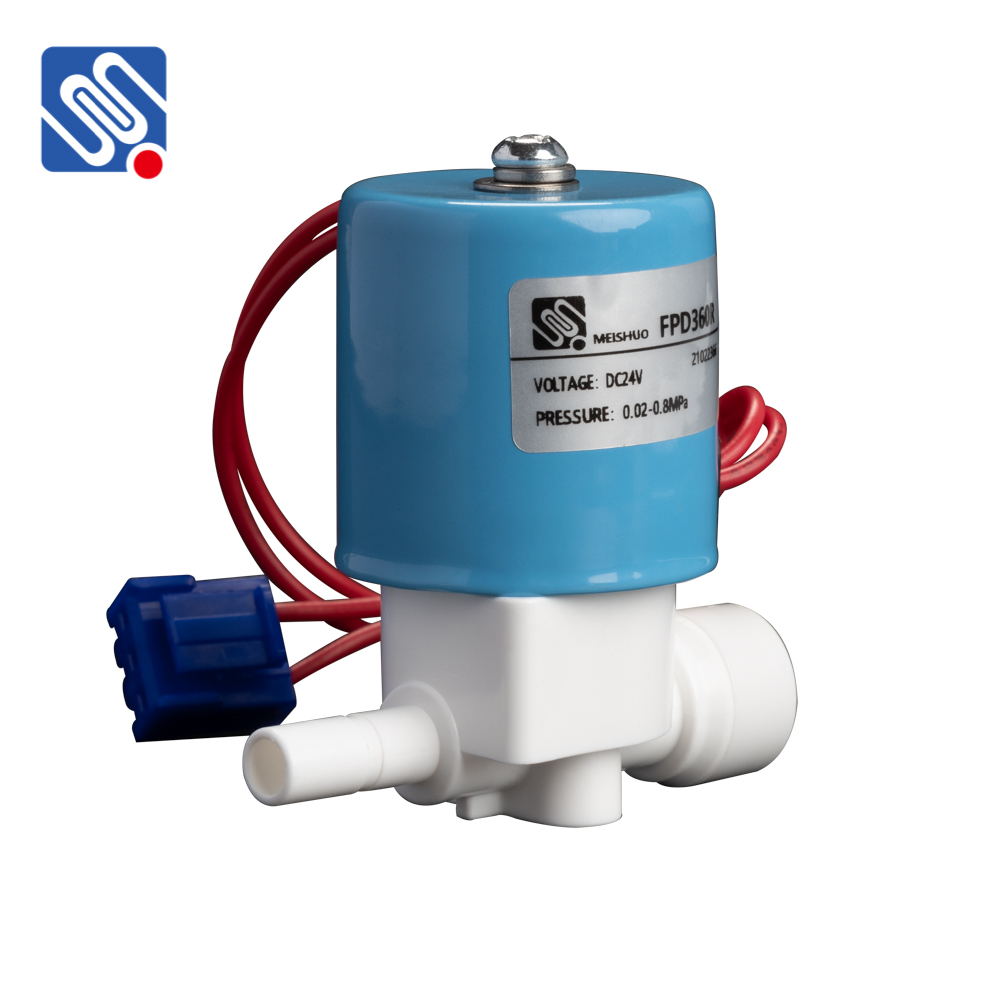Irrigation systems are crucial for maintaining healthy crops and lush gardens, especially in areas where rainfall is inconsistent or insufficient. With the advancement of technology, automated irrigation systems have become increasingly popular due to their efficiency and convenience. One of the most important components of these automated systems is the Watering System Solenoid Valve. This device plays a vital role in controlling the flow of water and ensuring that the irrigation process is both efficient and reliable. In this article, we will explore the function, benefits, and common issues associated with solenoid valves in watering systems.

What is a Watering System Solenoid Valve? A Watering System Solenoid Valve is an electrically controlled valve used to regulate the flow of water in irrigation systems. It works based on the principles of electromagnetism, with a solenoid (an electromagnetic coil) controlling the movement of a valve mechanism. When the solenoid is energized, it activates the valve, allowing water to flow through the system. Conversely, when the solenoid is de-energized, the valve closes, stopping the water flow. These valves are typically used in automated irrigation systems where they are triggered by timers, sensors, or controllers to manage the watering process. They ensure that water is delivered to specific areas of a garden, farm, or lawn at the correct time, and in the correct amounts, contributing to water conservation efforts.